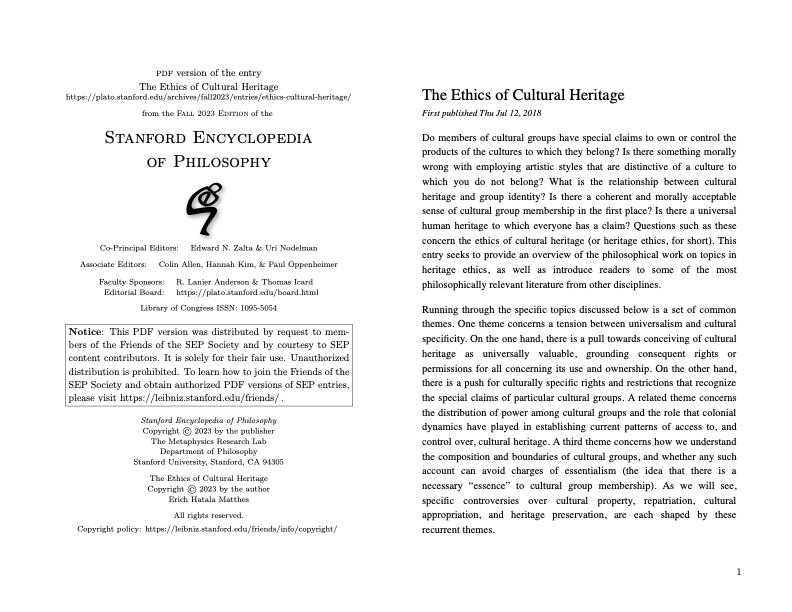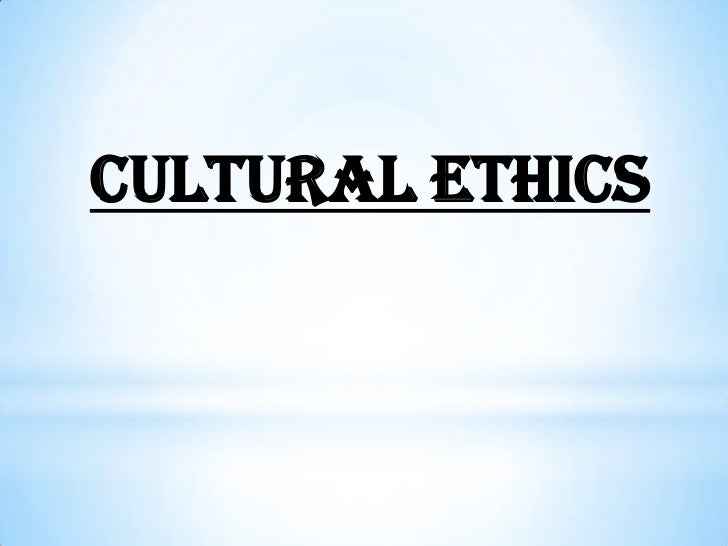The Ethics Of Cultural Heritage Preservation In Civil Engineering

Are you interested in figuring out the right way to approach cultural heritage? Then, you are in the right place. The Ethics of Cultural Heritage is a comprehensive guide for those interested in ethical dilemmas surrounding cultural heritage. It discusses important topics such as ownership, repatriation, and preservation. Keep on reading to learn more about this fascinating topic.
Introduction
Cultural heritage is an important part of our history, identity, and significance. It refers to all the valuable cultural artifacts that our ancestors have left for us to inherit such as artwork, architecture, and literature. In order to understand our culture and identity, it is essential to keep cultural heritage alive through preservation and restoration. However, cultural heritage also poses a lot of ethical dilemmas which require careful consideration of different perspectives.
Why is Cultural Heritage Important?
Cultural heritage is important for many reasons. Firstly, it provides us with a sense of identity. Through heritage, we can come to understand who we are and where we come from. It also reinforces the idea of community and unity. By sharing traditions and beliefs, we create lasting bonds with others. In addition, cultural heritage also offers economic benefits through tourism and cultural industries. This means that preserving cultural heritage can help promote local economies and create jobs.
What are the Main Challenges in Preserving Cultural Heritage?
Preserving cultural heritage is not an easy task. One of the main challenges is the lack of funding. Preservation and restoration cost a lot of money, and not every country has the resources to invest in this area. Another challenge is the lack of international cooperation and regulation. Countries may have different views on what constitutes cultural heritage and what its value is. This can make it difficult to implement effective policies and regulation to protect cultural heritage.
What is Cultural Heritage Repatriation?
Cultural heritage repatriation refers to the process of returning cultural artifacts to their country of origin. This is done in order to correct historical injustices such as theft or looting during colonial times. Repatriation is a highly debated topic as it raises questions about ownership, responsibility, and cultural identity.
What is a Cultural Heritage Site?
A cultural heritage site is a place that holds significant value in terms of culture, history, or archaeology. Examples of cultural heritage sites include the Pyramids of Giza, the Taj Mahal, and the Great Wall of China. Cultural heritage sites are usually protected by law in order to ensure their preservation and public access.
What is Intangible Cultural Heritage?
Intangible cultural heritage refers to cultural expressions and practices that are not physical or tangible. This includes traditional music, dance, storytelling, and even food. Intangible cultural heritage is vulnerable to extinction as it relies on the passing down of traditions from one generation to the next. Efforts should be made to preserve intangible cultural heritage before it is lost forever.
How Can We Preserve Cultural Heritage?
Here are some ways that we can preserve cultural heritage:
- Funding Preservation and Restoration
- Implementing Effective Regulation and Policies
- Encouraging International Cooperation
- Supporting Local Communities
- Creating Awareness and Education Programs
- Replicating Heritage Artifacts
- Digitizing Cultural Heritage Artifacts
Conclusion
Cultural heritage is an important part of our history, identity, and significance. It is necessary that we take appropriate measures to preserve it for future generations. This includes not only physical artifacts but also intangible cultural practices. By understanding the ethical implications surrounding cultural heritage and working together, we can ensure that it remains an integral part of our lives.
We hope that this guide provided you with valuable insights into the ethics of cultural heritage. If you want to learn more about the topic, make sure to check out The Ethics of Cultural Heritage PDF.

Post a Comment for "The Ethics Of Cultural Heritage Preservation In Civil Engineering"